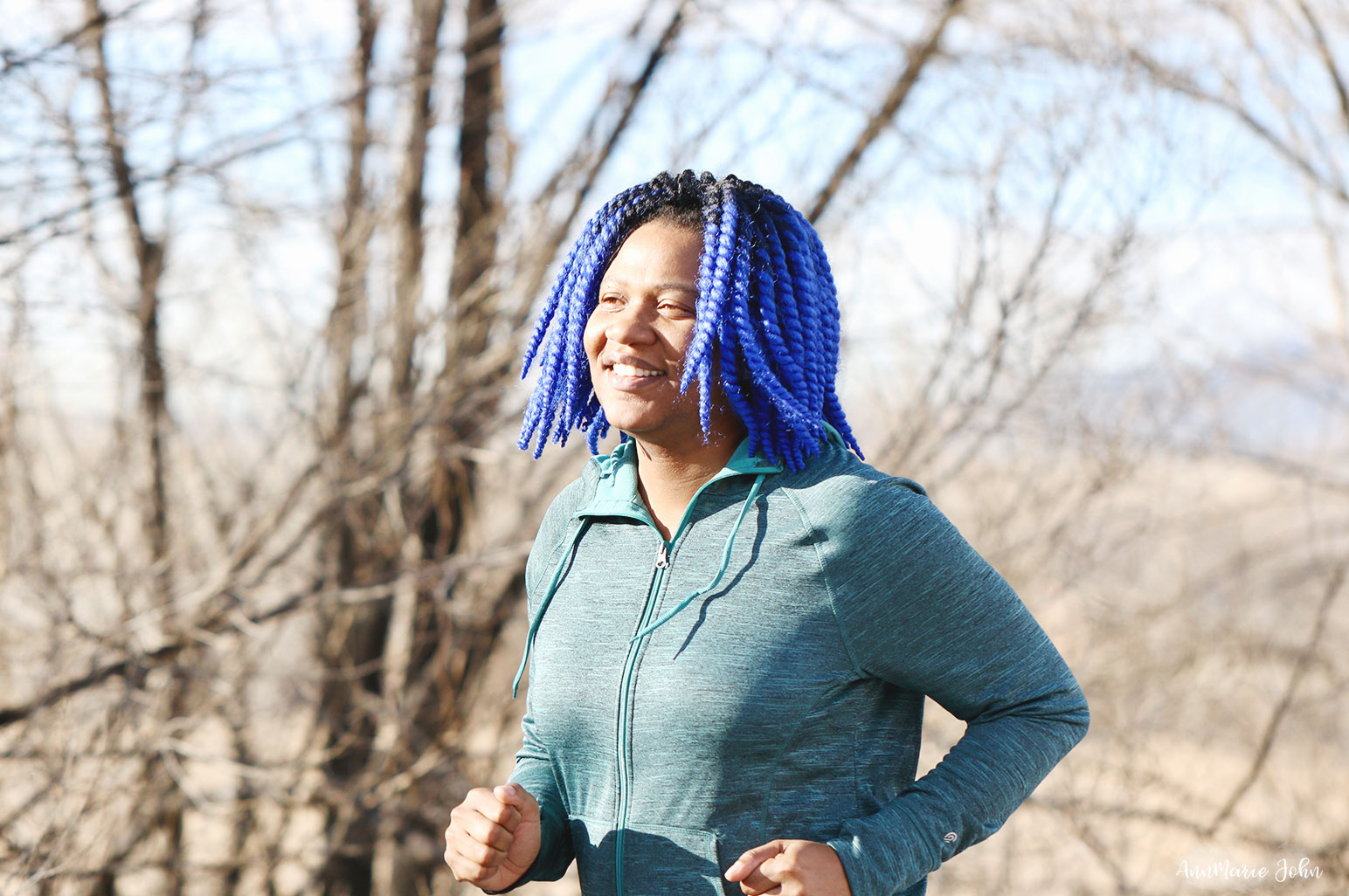Once the New Year’s Eve celebrations have worn off, most of us head straight to the gym to get a jump on our health resolutions. It’s no secret that it’s the busiest time of year for most health clubs. If you’re looking to avoid the crowds, though, you might find yourself outside on a frigid cold morning running laps around your local park.

It often seems funny to me that most of us renew our workout habits during a time of year that’s probably the most unpleasant for working out. Athletic injuries increase in the winter, and getting out into the cold in the mornings can be much more difficult in January than it is in June. However, we persist. And so, here are some tips to help you prevent injuries and get the most out of your wintertime workout. Remember, if you can pursue your healthy new habits for the next three months, springtime workouts will be easy!

1. Will Running in Cold Air Hurt Your Lungs?
This is a really common concern among athletes in the wintertime, probably because most of us feel the cold’s affect at least once. Winter air might make your lungs feels restricted, your throat go dry, and even induce uncomfortable coughing fits. However, contrary to popular belief, the cold won’t actually hurt your lungs. Our bodies are built to regulate the temperature of air before it hits delicate internal organs, and they do a great job at it. Reports of actual damage have only been found in hardcore trainers in the Yukon, and to be honest, the temperatures you’re running in just don’t compare. The truth is that you’re much more likely to suffer from the lack of moisture than from the cold.

The dry winter air can irritate your throat, and even lead to cracking and dried-out tissue in your air passageways. In order to prevent this, it’s best to equip yourself with a scarf wrapped around your mouth, or a ski mask or balaclava that will be comfortable while you run. Not only does this help you to keep the air warm as you breathe in and out, but it will also assist in recycling moisture that escapes when you exhale.
Now, if you continue to be uncomfortable while running outdoors in cold temperatures, just find a new workout regime. Do cardio at the gym or in your home to avoid irritation from dry, cold winter air.
2. What Constitutes an Effective Warm Up?
Athletic injuries tend to spike during the wintertime, largely due to overworking cold muscles. The weather can also affect and inflame your joints, causing more pain and pressure that greatly affects your workout. In order to avoid this problem, you need to be aggressively proactive about your warm ups. Cold muscles can easily become strained when you transition from resting to working. In order to prevent injury, take measures to gradually work your muscles and increase blood flow throughout the body. Before you begin the strenuous part of your exercise routine, you should be able to feel heat radiating from within and be ready to start shedding layers. Here are some ideas to help your warmup be effective:

- Take a hot shower before your workout to loosen and warm muscles.
- Do a series of exercises indoors before you head out.
- Check out the sauna or steam room at your local gym or rec center in order to thaw cold muscles before your workout. Just make sure you’re not there long enough to get tired or dehydrated.
- Wear warm layers that you can easily shed as you work out.
3. Why Does Hydration Matter More?
As mentioned above, your lungs are more likely to suffer from the dryness than from the cold. The rest of your body can feel major effects from winter dehydration too. It’s more difficult to get good circulation and an effective warm up if you’re not properly hydrated, and dehydration also greatly increases the recovery time needed after a workout.
What most people don’t realize is that during winter, the indoors can be just as dry as the outside. Heating systems sap moisture and condensation gathers at windows and walls, leaving the middle of a room extremely dry.

So, even though you may not be sweating in the same way you do in summer, it’s just as important to drink plenty of water during your winter workout. Drink small amounts consistently throughout the workout, and make sure to load up on water before and after.
